What is IVY?
Researchers at Florida State University have created an innovative intervention for victims of peer victimization, known as IVY (interventions for Victimized Youth). The purpose of IVY is to decrease distress caused by being the victim of peer victimization. Just as ivy plants are strong and can flourish in difficult environments, the goal of IVY is for targets of peer victimization to thrive academically and socially despite challenging circumstances. IVY participants will be taught a variety of skills for coping with emotional difficulties, as well as strategies for how to protect themselves. To achieve this, several methods are used to teach the content, including psychoeducation, didactic teaching, modeling, role playing, and guided self-reflection.
The current version of IVY is designed for students (grades six through twelve). It is delivered in a small group format and consists of eight, one-hour long sessions. The sessions are as follows: 1) Introduction, 2) Coping and Relaxation Skills, 3) Share Your Story, 4) Connecting Experiences and Emotions, 5) Combatting Negative Thoughts, 6) Protect Yourself and Safely Help Others, 7) Social Problem-Solving Skills, 8) Closing and Celebration. Each session was designed to meet the two overarching goals of IVY: 1) reduce participants’ distress and increase coping skills and 2) teach participants how to protect themselves and others.
Why Was IVY Created?
Unfortunately, peer victimization is a common occurrence among youth. Rates of bullying have been reported to range from 19.5-22.8% for males and 12.8-23.7% for females (Center for Disease Control and Prevention, 2014), these rates are likely much higher when considering the broader term of peer victimization. Along with the high prevalence rates, peer victimization has been linked to adverse academic outcomes and decreased mental health. Recent research (Crosby et al., 2010; Geoffroy et al., 2018; Idsoe et al., 2012; Ranney et al., 2015) has also supported the conceptualization of peer victimization as a trauma. Despite literature supporting the idea that peer victimization can be a form of trauma, most peer victimization interventions do not treat it as such and are not built upon trauma-specific practices. This realization led to the creation of IVY. As such, IVY was created based off of recent trauma literature and two existing evidence-based trauma intervention, Cognitive Behavioral Intervention for Trauma in Schools and Trauma-Focused Cognitive Behavioral Therapy.
Researchers at Florida State University are currently seeking students in grades six through eight who experience distress from peer victimization to participate in a research study funded by the National Institute of Health. They will participate in an eight-week group with other middle school students who experience bullying. To enroll your child in the study, complete the Interest Survey linked in the "How can I get my child involved?" drop-down below.
A Planning Grant from Florida State University funded the initial development of IVY and a small pilot study. In 2022, the Vandermark Foundation provided funding for additional refinement of the program, conducting an initial study of the program and development of other IVY programs. These programs include versions of IVY for high school students, youth with autism spectrum disorder, and individual clients.
What is peer victimization?
Peer victimization is when a child or adolescent is the target of aggressive behaviors that are perpetrated by other children. Bullying is the repetitive, intentional hurting of one person or group by another person or group and includes a power imbalance (e.g., three children picking on one child). Bullying falls under the umbrella term of peer victimization. Unlike bullying, peer victimization does not require the aggressive behaviors to be repeated or involve a power imbalance. IVY targets victims of peer victimization in order to serve more children who may be in distress.
Who could benefit from this intervention?
Any sixth through eighth grade student who faces difficulties from being the target of peer victimization/bullying could benefit from the IVY program.
Are there different versions of the IVY program?
The IVY program was originally developed for students in grades six through eight. However, additional versions of the IVY program are currently being developed. These include versions for high school students, youth with autism spectrum disorder, and a version for use with individual clients as opposed to group sessions. The IVY program is also currently being translated into Spanish.
What is the time commitment?
Participants are asked to commit one hour a week for a total of eight weeks. This includes eight sessions of small group therapy, with two of the sessions encompassing a pre- and post-intervention survey. Occasionally, brief between-session-assignments will be assigned to clients to promote mastery of material.
Are there any risks to participating?
Due to the nature of the IVY intervention, participants may feel distressed or uncomfortable when discussing or recalling events when they were the target of peer victimization. Sharing their victimization stories is encouraged during one session, but it will not be required. There is risk that group members may share experiences or events that could be considered harassment or abuse. To alleviate any distress caused by the intervention, counselors will be available to individuals after the sessions.
What are the benefits of participating?
As a result of taking part in this research, the researchers believe that participants may learn a variety of skills for coping with emotional difficulties and protecting themselves. The goal is to alleviate some of the distress participants may be facing. Participants will also be compensated for their participation in the study.
If I sign my child up, are there consequences for dropping out of the study?
There is no penalty for dropping out of the study, but your child may not be eligible for the gift card if they do not complete all sessions.
If you are interested in signing your child up for IVY, please use the link below to fill out the interest form. Once the form is filled out, a team member will contact you with further direction.
Interest form link:
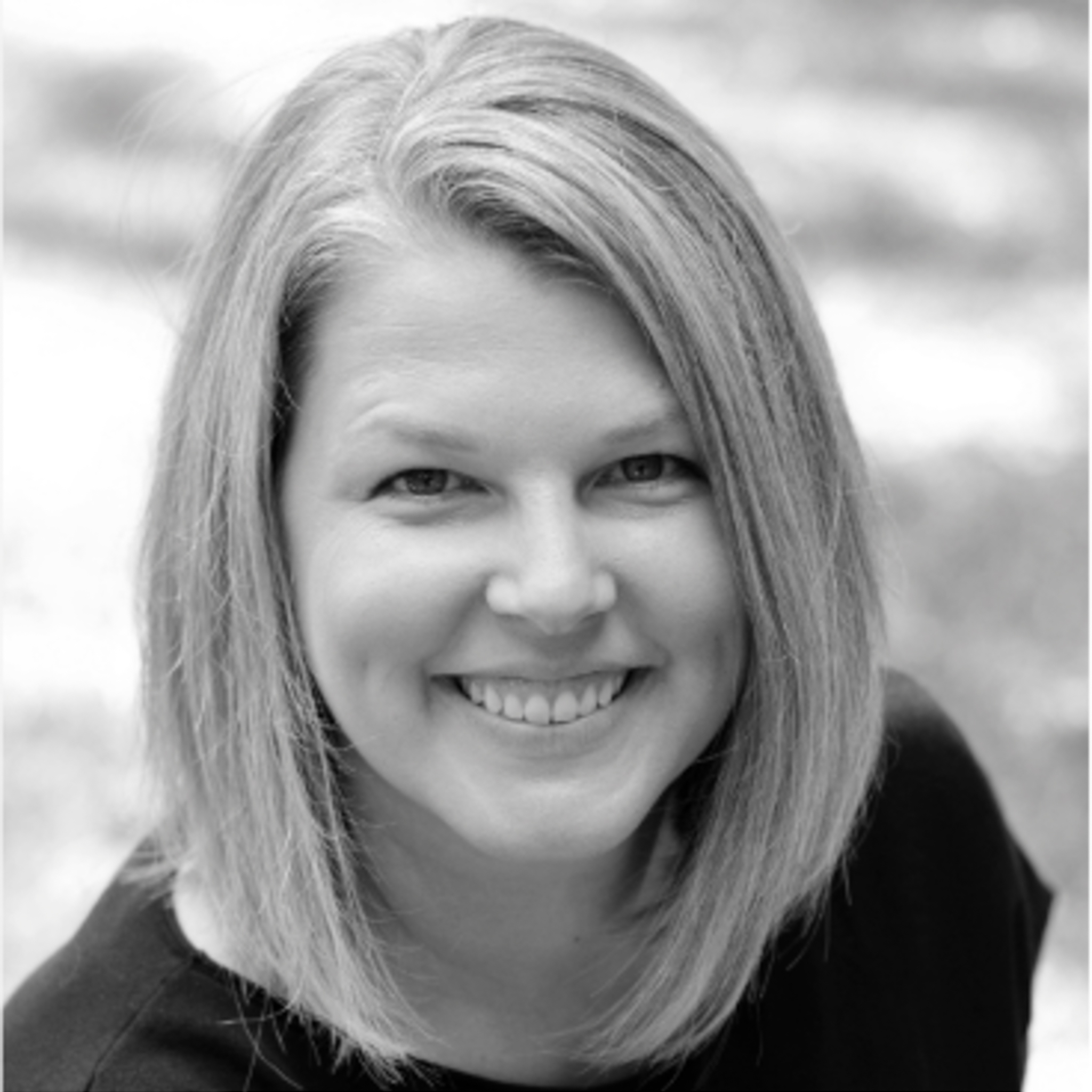
Lyndsay Jenkins, Ph.D., NCSP, Licensed Psychologist
Dr. Jenkins is the Michael and Jean Shahnasarian Endowed Associate Professor at FSU. She received her Ph.D. in School Psychology from Northern Illinois University, is a licensed psychologist in the State of Florida, and a nationally certified school psychologist. Jenkins is an associate editor for the Journal of School Psychology and recently was awarded the Early Career Award from the Alberti Center for Bullying Abuse Prevention for Distinguished Scholarly Contributions to Bullying Abuse Prevention.
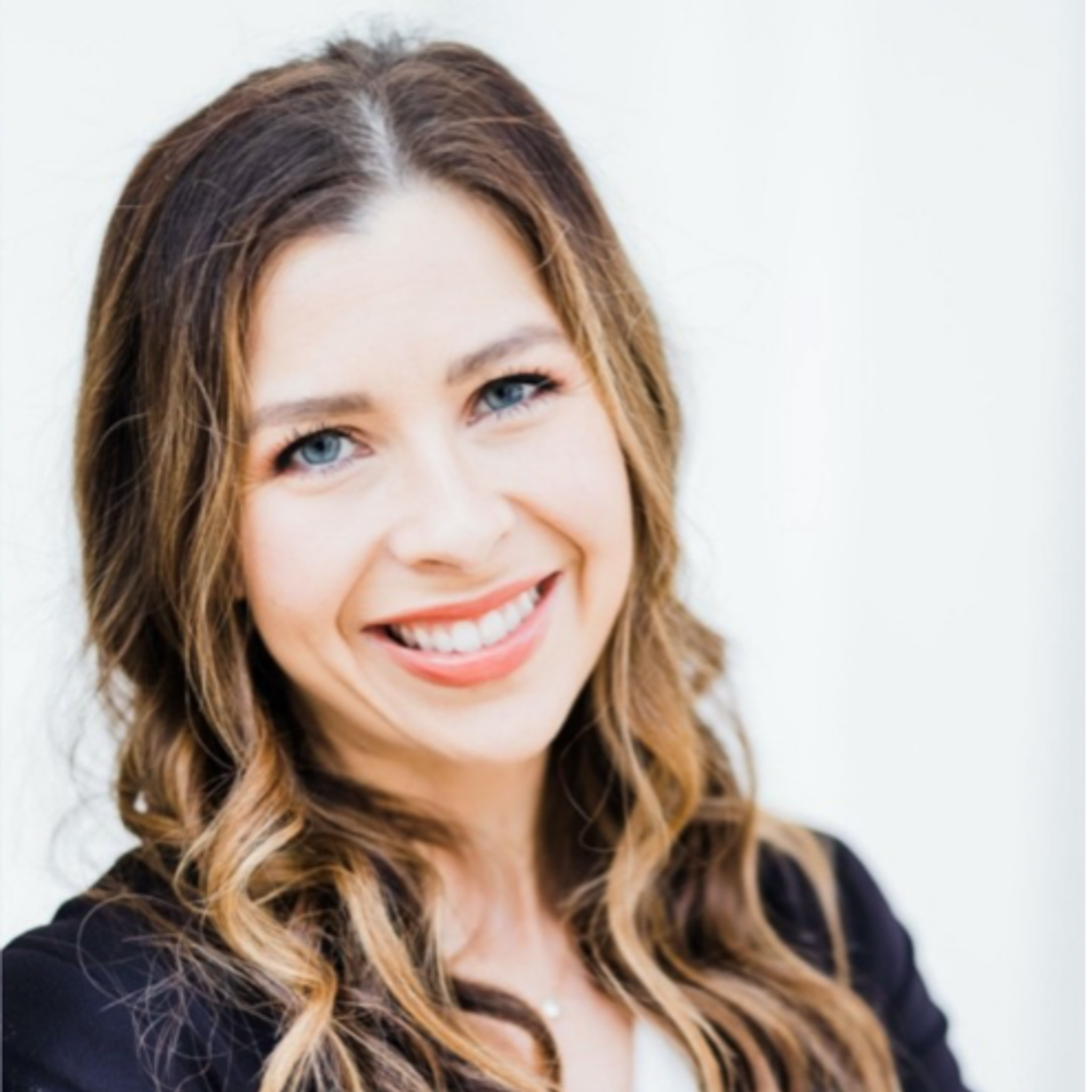
Sonya Kaminski, MPhil, MSSW
Sonya is a doctoral candidate in the Counseling Psychology and School Psychology combined program at FSU. She is currently completing her doctoral internship at Centerstone, a community mental health center in Bradenton, Florida. She has experience in providing mental health interventions in school settings and her research has focused on child adverse experiences and academic success. Sonya has a passion for working with youth and will be serving as the Assistant in Research for the IVY program. In this role, Sonya will help with program development and implementing peer victimization interventions.
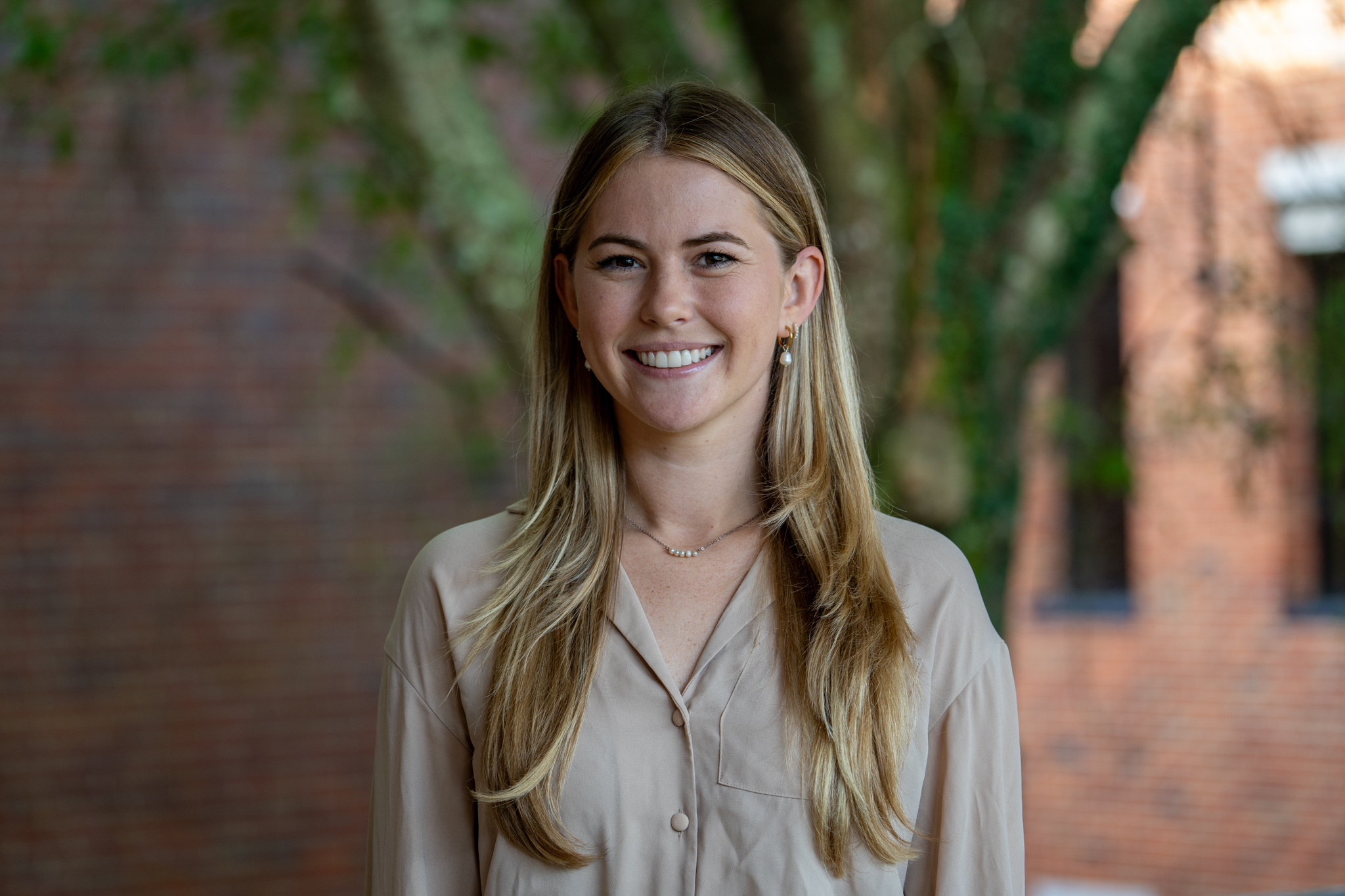
Madison Woodall, M.S.
Madison is a doctoral student in the combined Counseling and School Psychology program at Florida State University. She earned her bachelor’s degree in Psychology in 2020 and a Master’s degree in Counseling and Human Systems in 2021, both from Florida State University. Her research interests include bullying prevention/intervention, childhood trauma, and intellectual/developmental disabilities. Madison has been involved with IVY since 2020. Since then, she has been a part of both the creation and implementation of the intervention.
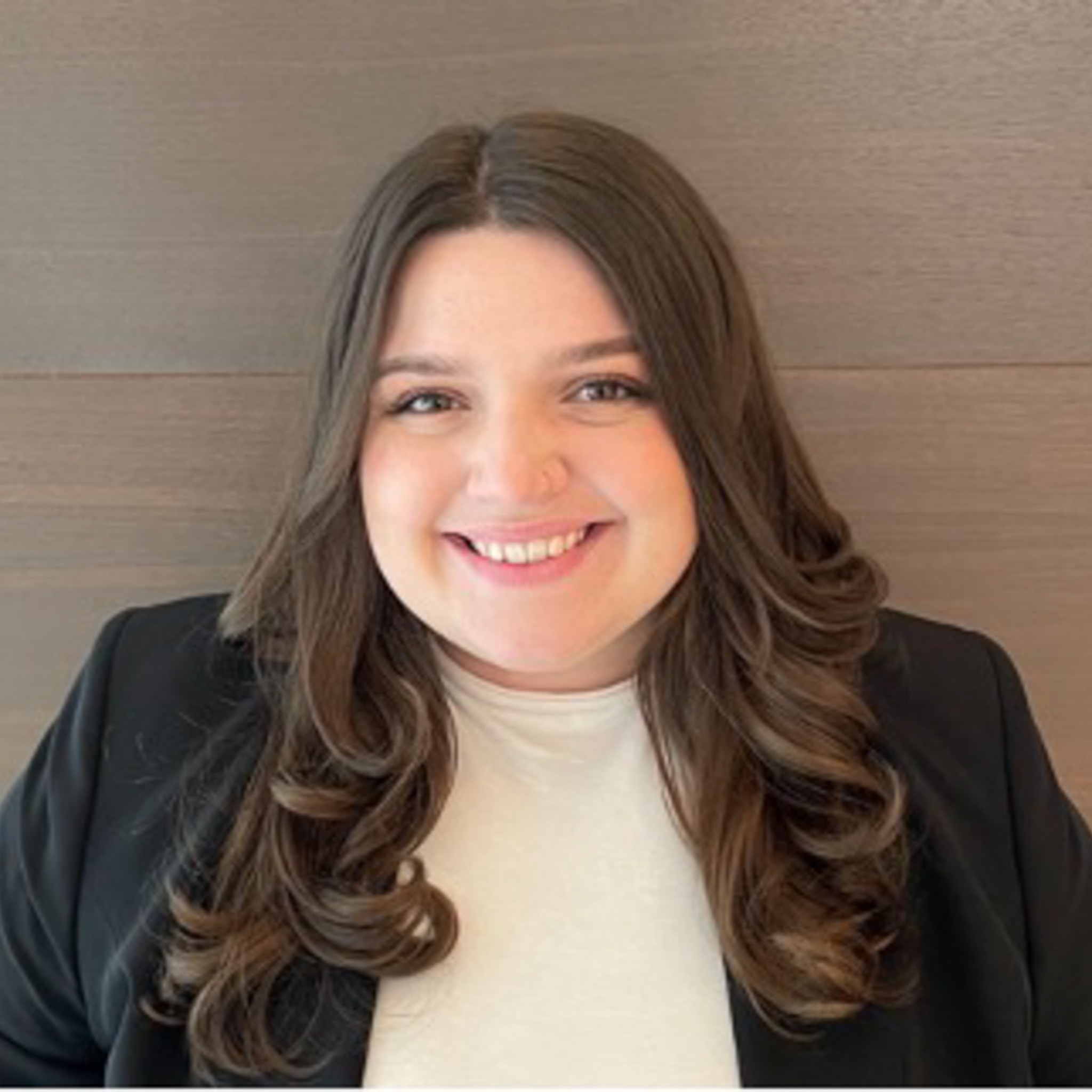
Miranda Bradley, M.S.
Miranda Bradley is a doctoral student in the Counseling and School Psychology program at Florida State University. She earned her bachelor’s degree in psychology in 2021 from the University of Florida. Her research interests include crisis intervention and prevention in the school system, specifically in suicide and bullying prevention. Miranda has been a part of the IVY project since 2021.
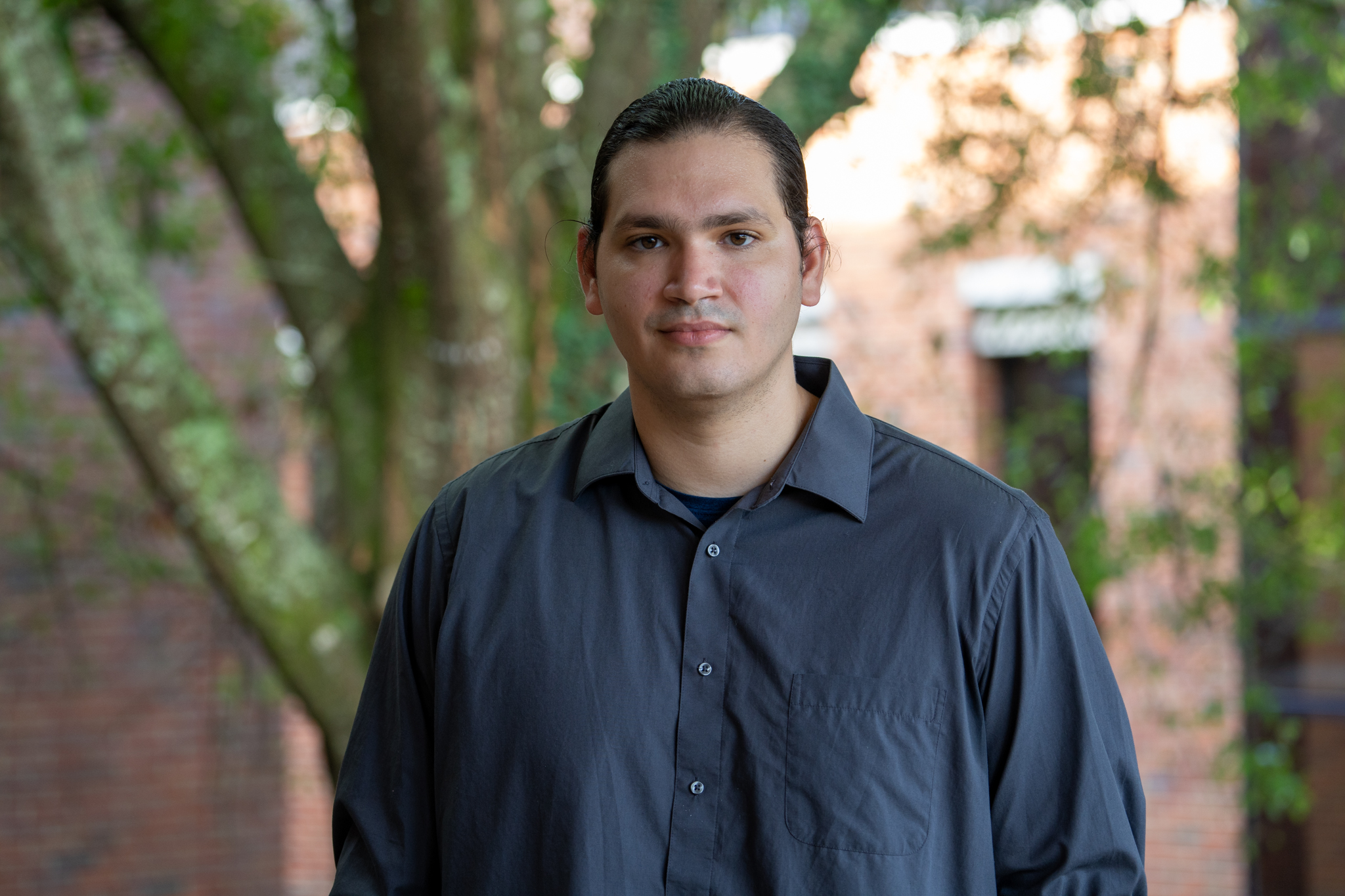
Edgardo Mejias Vazquez
Edgardo is a first-year doctoral student in the Counseling and School Psychology Ph.D. He graduated from the University of South Florida with a bachelor's degree in psychology. He is interested in the factors that affect mental health and academic outcomes among minorities. Edgardo is currently working with Dr. Jenkins on the IVY project.
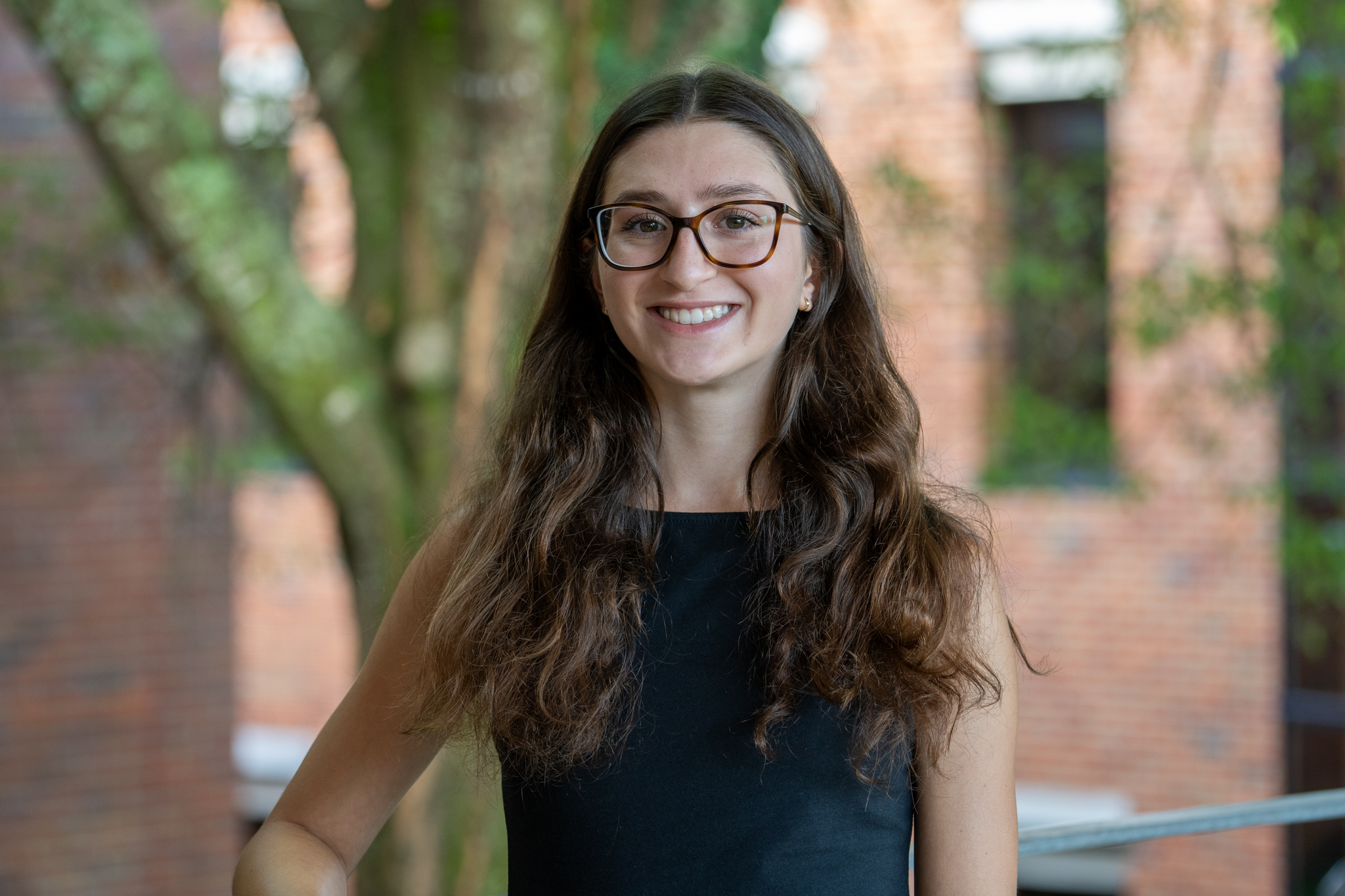
Kate Mirah
Kate Mirah is a doctoral student in the Counseling and School Psychology program at Florida State University. She earned her bachelor’s degree in psychology at Purdue University in 2023. Her research interests include early intervention, taking a holistic approach when providing interventions and support, and fostering an inclusive educational environment by embracing diversity and equity. Kate has been involved in the IVY project as of 2023.
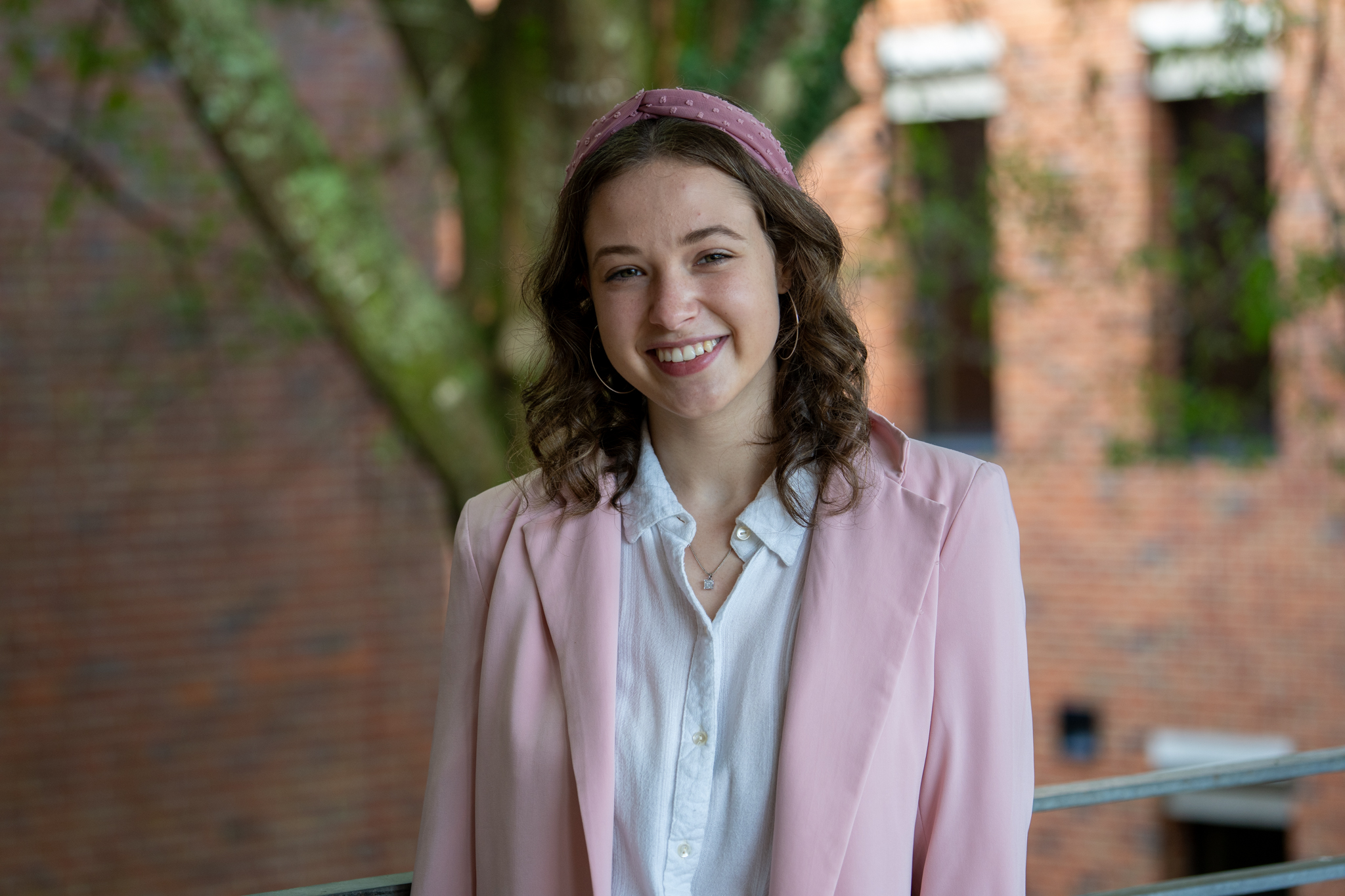
Annika Simpson
Annika Simpson is a doctoral student in the combined Counseling and School Psychology program at Florida State University. She earned her bachelor’s degree in psychology and history in 2022 from Belmont University. Her research interests include childhood and adolescent trauma, specifically the intersection of traditional trauma therapies with animal-assisted interventions. Annika has been a part of the IVY project since 2023.
Middle School
IVY was originally created to be used with middle school (sixth through eighth grade) students. This program can be delivered in in-person and online formats. The program can be implemented within schools, or as an after-school program.
High School
A version of IVY was created to be used with high school (ninth through twelfth grade) students. This version of IVY is similar to the original version, but examples and activities have been modified to better suit older adolescents. As with the original version, the program can be delivered inside or outside of a school setting and is available in both in-person and online formats.
Elementary School
Based upon the middle and high school IVY programs, an elementary school version of IVY was created to be used with younger children (third through fifth grade students). This version of IVY is similar to the original version, but examples and activities have been modified to better suit younger children. As with the original version, the program can be delivered inside or outside of a school setting and is available in both in-person and online formats.
Individual Counseling
The IVY high school version has been modified to be able to be used in individual counseling sessions. High school students who have struggled or who are struggling with bullying/victimization may be a good fit for one-on-one counseling sessions, in which the mental health professional uses the IVY program to structure sessions.
IVY for Youth with Autism Spectrum Disorder (ASD)
A version of IVY for youth with autism spectrum disorder (ASD) is currently being developed. This version will be appropriate for middle and high school students with diagnoses of ASD or who struggle with social communication skills and who have experienced bullying/victimization.
Spanish Version of IVY
The IVY program is also currently being translated into Spanish, so that Spanish-speaking students may take part in all that IVY has to offer.
Mental health professionals can request IVY program materials for use in schools/with clients. Materials include a facilitator handbook, participant handbook, accompanying PowerPoint presentation slides, and caregiver materials. Please complete the IVY Materials Request Form using the link below.
The IVY program seeks to provide youth and their parents/caregivers with resources regarding bullying and other mental health topics. Below, you will find a list of handouts covering various bullying/mental health topics.
Bullying/Mental Health Handouts
Bullying Statistics
Child Abuse
Cyberbullying
Domestic Violence
Finding a Therapist
Finding Free or Low-Cost Mental Health Therapy
Help! I’m being bullied!
How to Attempt to Prevent Your Child From Being Bullied
Human Trafficking
Myths about Therapy
Self-Compassion
Self-Injury Help
Suicide Help & Resources
Trauma & Bullying
The IVY program has compiled a list of resources regarding bullying and other mental health topics for youth and their families. Below you will find brief descriptions and hyperlinks to each resource.
Resources for Victims (Young Children)
- Boss of My Body Video: This fun music video empowers children to protect themselves, and discusses classmates making one feel unsafe.
- One for All Book: This is a story involving a cast of sports equipment characters. On a soccer ball’s first day of school, bullying is experienced by a bowling ball who tries to roll over everyone. The book walks children through bullying solutions.
- Kids Against Bullying: This website is interactive and engaging, and has a great deal of information for children about bullying and how to handle it.
Resources for Victims (Adolescents)
Bullying
- PACER Center’s Teens Against Bullying Website: This website was created by and for teens! The site is for middle and high school students and contains a wealth of information and resources on bullying.
- Cartoon Network’s Stop Bullying: Speak Up: This initiative/Facebook page provides information and resources for youth on how to speak up when it comes to bullying.
Abuse
If you are experiencing abuse from your parent(s), guardian(s), or another adult, it can be devastating and scary. It can also be hard to know how to get help and where to turn. The following resources might help.
- Childhelp National Child Abuse Hotline: You can reach the hotline by calling or texting (800) 422-4453 and will be connected with a crisis counselor. You can also visit their website to use their Live Chat option. The Childhelp National Child Abuse Hotline is a safe, nonjudgmental space for those concerned about or affected by child abuse. Please note, the Childhelp National Child Abuse Hotline is not a reporting line for abuse and is not a replacement for 911. If you are in immediate danger, you should dial 911. Further, you should know that if you disclose identifying information and location of a child under age 18 being harmed or if you if you tell a counselor that you are going to act on suicidal thoughts, the hotline counselors may have to provide information you have given to the appropriate authorities.
- Kids In Crisis: Kids In Crisis is a non-profit which provides emergency shelter, crisis counseling, and community education programs for children of all ages and families facing crisis. Kids, or anyone concerned about a child, may call the Kids In Crisis hotline at 203-661-1911 24/7 to be connected with a crisis counselor.
- Tips on Child Abuse - Indiana Department of Child Services Website: This website from the Indiana State Government provides tips on what a child or teen can do if they are being abused.
- Kids Help Phone: This website provides insightful information on getting help and staying safe for youth who are being abused.
Resources for Parents
Bullying
- Stopbullying.gov: This is a federal government website managed by the U.S. Department of Health and Human Services, which contains a wealth of bullying resources. Here, you will find information such as state laws regarding anti-bullying measures, how to talk to bullies and victims, and discussions on what you can do about bullying.
- STOMP Out Bullying: STOMP Out Bullying is the leading national nonprofit focused on reducing and preventing bullying. Their website provides various resources for both parents and their children about how to spot, prevent, and stop bullying.
- PACER Center’s What Parents Should Know About Bullying website: Here, parents can read about ways to talk with their child about bullying, how to learn their rights, and more.
- The Parent Action Toolkit: This toolkit, provided by The Bully Project, contains a helpful guide for how to talk to your child and your child’s school about bullying.
- Ten Actions ALL Parents Can Take to Help Eliminate Bullying: This guide, also provided by The Bully Project, discusses ways to prevent and stop bullying.
- How to Talk About Bullying - Stopbullying.gov: This site provides a helpful guide for talking to your child about bullying.
- 5 Steps for Talking About Bullying With Your Child video from PACER Center: Pacer Center provides a brief video discussing tips for talking to your child.
- Advice Gone Wrong: Pacer Center’s Teens Against Bullying Website also provides a helpful guide about how well-intended advice to our children regarding bullying can be harmful.
- Special Needs Kids and Bullying: STOMP Out Bullying’s website provides a helpful guide regarding bullying of kids with special needs.
- What To Do If Your Child Is A Bully: This website from STOMP Out Bullying contains information on what parents can do if they learn that their child is bullying others.
- How to Effectively Engage a Child Who is Showing Bullying Behavior: This article from PACER Center also provides information on steps parents can take if their child is exhibiting bullying behavior.
- The PACER Center’s PACERTalks Video Series: This three season series of short videos cover a wide range of topics on bullying, and often include interviews with youth who have experienced bullying. Several of the videos are geared toward parents. Below are just some of the videos, which are for parents:
- When Your Child Experiences Bullying: Part 1
- When Your Child Experiences Bullying: Part 2
- Parent Perspective
- Ways To Be There As An Adult
- Starting the Conversation About Online Safety
- Does Bullying Happen More Often Than Adults Think?
- What Kids Want Parents To Know About Cyberbullying
- What You Can Do if Your Child is Showing Bullying Behavior
- Bullying Podcast Episodes for Parents
- Live Above the Noise podcast episodes on bullying: Julie Hertzog, Director of the PACER National Bullying Prevention Center, is interviewed on the Live Above the Noise podcast, which includes two parts, and provides a wealth of information to parents on bullying.
- Bullying and its Impact on Youth Mental Health podcast: This podcast was produced by the Texas State Texas School Safety Center. Host Stephanie Peterson sits down with Maurine Molak, co-founder of David's Legacy Foundation, to discuss what bullying is and the profound negative impact it has on youth mental health when left unaddressed. Links to resources for schools and parents are also found at this website.
- Books for parents on bullying:
Cyberbullying and Online Safety
- ConnectSafely: ConnectSafely is a nonprofit dedicated to educating users of connected technology about safety, privacy and security. Parents can find a wealth of information on cyberbullying, as well as quick-guides for parents to popular social media platforms, such as TikTok, Roblox, and Twitch.
- CyberTipline: The National Center for Missing and Exploited Children (NCMEC)’s CyberTipline is the nation’s centralized reporting system for the online exploitation of children. Persons can make reports of suspected online issues regarding child safety, including enticement of children, child sexual abuse material, child sex trafficking, unsolicited obscene materials sent to a child, misleading domain names, and misleading words or digital images on the internet.
- Managing Screen Time - Strong4Life: Strong4Life, a division of Children’s Healthcare of Atlanta, provides several informational articles on the effects of, and how to manage, screentime for youth.
- The Connection between Social Media, Cyberbullying, and Human Trafficking - Connections between social media use, cyberbullying, and human trafficking are becoming increasingly more prevalent. Parents may find the following websites helpful in keeping their children and teens safe online.
- The Polaris Project: This is a non-profit organization dedicated to the prevention and handling of human trafficking. Their website has information and resources on the link between social media use and human trafficking.
- Sextortion Information - U.S. Immigration and Customs Enforcement: The U.S. Immigration and Customs Enforcement shares helpful information on sextortion, the act of threatening to share nude or explicit images, which is more common than you may think.
- Connection Between Cyberbullying and Sextortion guide: The Mercer County Children's Advocacy Center shares a helpful guide on the connection between cyberbullying and sextortion.
- Study on the Link Between Social Media and Sex Trafficking: The University of Toledo shares an article regarding a study on the link between social media and sex trafficking.
Adult Bullying
- Workplace Bullying Institute: This institute’s website provides a great deal of information on workplace bullying and how to handle it.
- Adult Bullying Is a Thing, Too: This Psychology Today article discusses adult bullying and tips for coping.
Other Mental Health Resources for Parents by Topic
- General Mental Health Resources
- Parenting Resources - STOMP Out Bullying: STOMP Out Bullying provides resources for parents regarding a variety of mental health issues that children might experience.
- Center for Parent Education: This non-profit organization’s website hosts a library of resources dedicated to parents, which features articles addressing many questions parents have and the challenges they face in raising their children. Topics include bullying, media and internet safety, trauma support, and much more.
- Self-Injury Resources
- Information for Parents: The Cornell Research Program on Self-Injury and Recovery shares a helpful information for parents guide.
- Self-Harm - YoungMinds: The YoungMinds charity also shares a helpful guide for parents on self-injury.
- Finding Low-Cost Mental Health Therapy for You or Your Child
- OpenPath Psychotherapy Collective: This is a non-profit nationwide network of mental health professionals providing therapy services (some in-person, some online), helps connect you to mental health professionals at a steeply reduced rate. You can be matched with a provider for yourself, your family, or your child. OpenPath works through a one-time membership fee of $65.00.
- Disciplining Adolescents and Teenagers
- How to Effectively Discipline Kids and Teenagers: A website containing tips from Strong4Life, a division of Children’s Healthcare of Atlanta
- Disciplining Teens: Back to Basics: A useful article from the Center for Parent & Teen Communication
- Speaking of Psychology: Disciplining children effectively, with Alan Kazdin, PhD: An APA interview of Alan E. Kazdin, PhD, John M. Musser Professor of Psychology and Child Psychiatry at Yale University and Director the Yale Parenting Center on the topic of discipline
- Parent Training Programs and Information
- Various parent training programs exist targeted toward helping parents to navigate and manage difficult behaviors in children and adolescents.
- Parent Training Programs: The Child Mind Institute website shares some well-known and established parent training programs.
- Many parent resource centers exist across the nation, and such centers often provide parent and/or family intervention programs.
- Find Your Parent Center: This website hosts a database for finding a parent resource center in your area.
- Florida Department of Children and Families directory of providers: This website provides a director of providers approved by the Department of Children and Families to offer local Parent Education and Family Stabilization courses in the State of Florida.
- Various parent training programs exist targeted toward helping parents to navigate and manage difficult behaviors in children and adolescents.
- Teen Dating Violence
- Recognizing and Responding to Teen Dating Violence podcast: In this podcast, produced by the Texas State School Safety Center, host Stephanie Peterson sits down with Randy Randolph, Senior Prevention Coordinator Expect Respect (SAFE Alliance), to discuss the signs of teen dating violence and how to respond to it.
Resources for Schools
- The Bully Project: This project provides toolkits for schools and educators with the goal of putting an end to bullying.
- Rachel’s Challenge: This organization seeks to address the root causes of school violence and strives to change school culture. Schools can contact the organization to inquire about program implementation.


